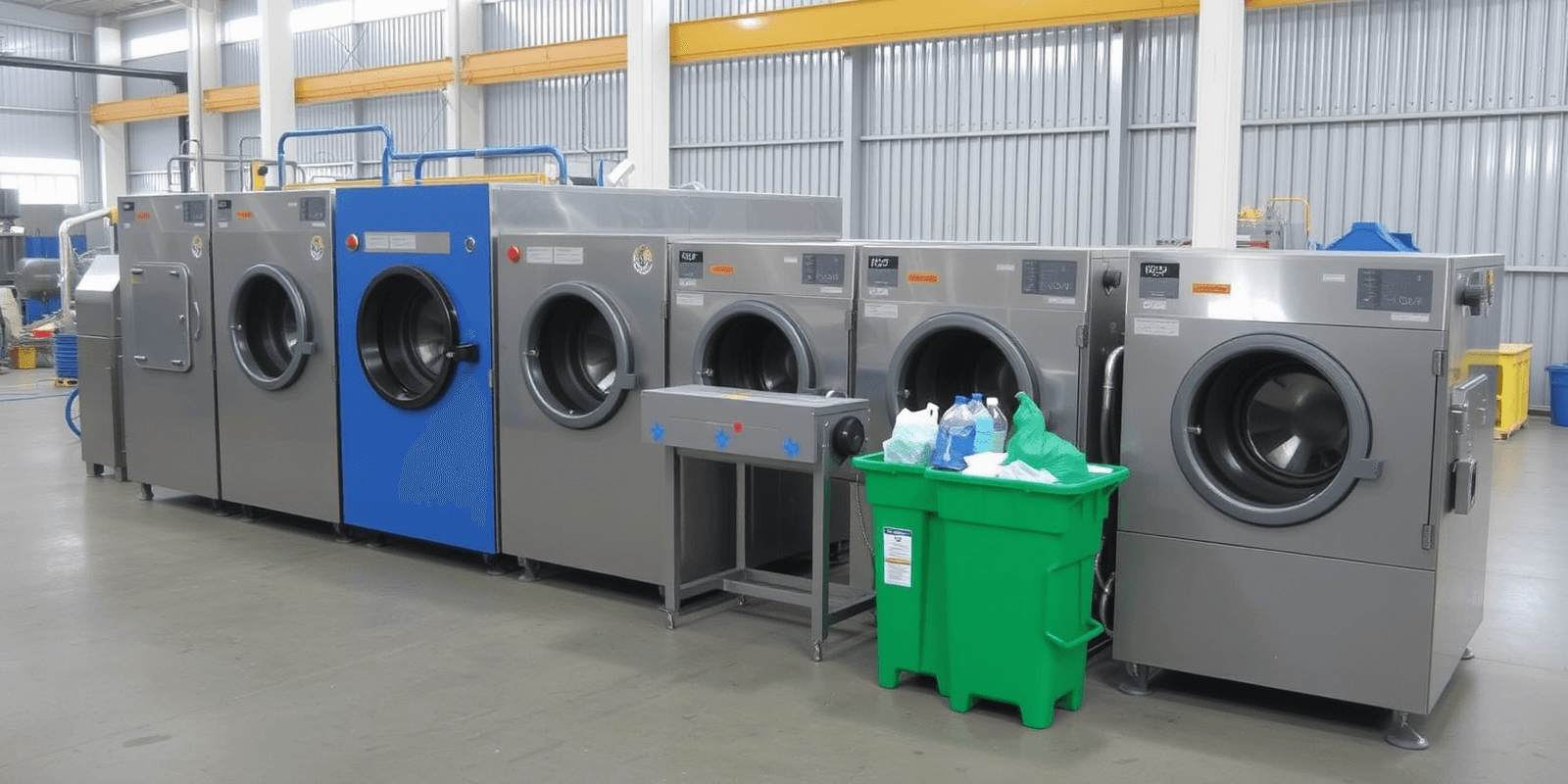Physical Address
304 North Cardinal St.
Dorchester Center, MA 02124
Physical Address
304 North Cardinal St.
Dorchester Center, MA 02124

The increasing global concern over plastic waste has led to significant advancements in recycling technologies. Among these innovations, plastic washing machines designed specifically for recycling processes stand out as a pivotal development. These machines are engineered to enhance the efficiency, accuracy, and environmental impact of plastic recycling. This article delves into the technological advancements in plastic washing machines, exploring how they improve sorting accuracy, reduce water usage, and enhance overall recycling efficiency.
Sorting is a critical step in the recycling process, as it determines which plastics can be recycled and which must be discarded. Traditional sorting methods often rely on manual labor, which is not only time-consuming but also prone to errors. Plastic washing machines equipped with advanced optical sorting technology have revolutionized this aspect of the recycling process. These machines use sophisticated sensors and algorithms to identify different types of plastics based on their density, color, and other physical properties. This automated sorting process ensures higher accuracy and consistency, leading to better quality recycled materials.
Water conservation is a key challenge in the recycling industry, particularly in processes that involve cleaning and washing plastic waste. Conventional washing systems typically require large amounts of water, contributing to both resource depletion and wastewater management issues. Modern plastic washing machines employ innovative water-saving techniques such as closed-loop systems and advanced filtration technologies. These systems recycle and reuse water multiple times before it is discharged, significantly reducing overall water consumption. Additionally, some advanced models utilize air or mechanical cleaning methods that minimize water usage even further.
The integration of plastic washing machines into recycling facilities has led to substantial improvements in overall recycling efficiency. By streamlining the cleaning and sorting processes, these machines enable faster throughput and higher output rates. Furthermore, the enhanced quality of sorted plastics leads to better marketability and increased demand for recycled materials. This, in turn, creates a positive feedback loop, incentivizing further investment in recycling infrastructure and technology.
To illustrate the impact of plastic washing machines, consider the case of a leading recycling facility in Europe. By implementing state-of-the-art washing machines, the facility was able to increase its recycling capacity by 30% while simultaneously reducing water usage by 40%. This success story underscores the potential of these machines to drive sustainable practices within the recycling industry.
Plastic washing machines designed for recycling processes represent a significant leap forward in the quest for more efficient and environmentally friendly waste management solutions. Through improved sorting accuracy, reduced water usage, and enhanced overall efficiency, these machines play a crucial role in shaping the future of plastic recycling. As the world continues to grapple with the challenges of plastic waste, investments in such innovative technologies will undoubtedly prove invaluable.